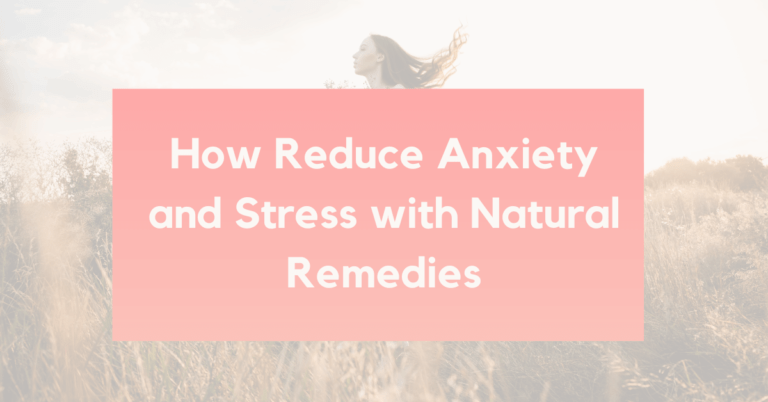Sephora kids are mobbing retinol, anti-aging products. Dermatologists say it’s a problem Kids are swarming Sephora and have never been more obsessed with skincare − and it might be a problem. Dermatologists say they’re seeing more and more children as patients with several-step skincare routines, more-often filled with products they either don’t need or that are harming their skin. Dermatologist Dr. Brooke Jeffy recalls one patient, around age 11, who developed a severe rash around her eyes from retinol, an ingredient known for anti-aging, which she says the child insisted on using. “This rash had been going on for so long and was so intense, it’s probably going to take at least a month, if not more, to totally resolve,” Jeffy says. “All for trying to use an anti-aging product that she doesn’t need.” Now, Jeffy and other dermatologists are sounding the alarm against a beauty industry and culture that are pushing unnecessary products and fears of aging onto children too young to even drive. “They don’t understand the function of skin and that it’s not just this wall you can throw anything at,” Jeffy says. “It’s kind of word of reason − word of their parents, sometimes, word of me or other physicians − against this huge industry of beauty and social media.” Why kids shouldn’t use skincare products made for adults Jeffy says she’s seen children who use up to eight products every morning. On TikTok, where she makes videos about the dangers of adult skincare for kids, she’s seen some routines as long as 12 steps. The ingredients that are the main culprits for harming kids’ skin, she says, are retinol, exfoliating acids and fragrance, which can cause irritation and the development of contact allergies. “When the skin barrier is damaged by constant irritation like this, it gets dry,” Jeffy says. “It’s more prone to infection, more prone to getting rashes and more prone to breakouts.” She adds irritation also makes the skin barrier less efficient at protecting the skin from environmental damage, like ultraviolet radiation or pollution. Dermatologists will sometimes recommend retinoid products to teens and tweens to treat a specific condition, such as acne; however, these decisions, Jeffy says, are weighed by medical professionals against potential downsides. For anti-aging purposes, retinol is unnecessary for those who haven’t reached their twenties, which is when collagen begins to decrease, Dr. Danilo Del Campo, a dermatologist in Chicago, says. “If you’re below 20, there’s never a need for replacing and trying to generate new collagen from an anti-aging point of view,” he says. “The evidence just does not show that, at least now.” Young girls are flooding Sephora. So we talked to their moms. Dr. Anthony Rossi, a dermatologist in New York, says the only skincare a child needs are a gentle cleanser, a light moisturizer and sun block. If a child has a condition that needs to be treated with additional products, they should consult a board-certified dermatologist first. Rossi says he’s heard from several parents whose children asked for anti-aging skincare for the holidays. Ironically, he says, kids don’t seem interested in sunscreen, which is what would actually provide the most anti-aging benefit. “We should really promote sun protection,” Rossi says. “I would say, if you’re going to invest money in skincare, that’s the way to do it, especially at that young of a group. It’ll save you years on anti-aging treatments later on.” TikTokers are using red light for skin; dermatologists say they’re on to something Why are kids so obsessed with skincare? Jeffy largely blames social media for kids’ preoccupation with skincare and anti-aging products. She also says the pandemic, which put many work and school activities on Zoom, also likely played a role, since people are now frequently confronted with how their face looks on screen. When Jeffy asks her young patients why they insist on using these products, she says many of them reply they like the way the products look on their shelf or vanity or by their sink. “They’re on social media and exposed to really constant marketing,” Jeffy says. “Skincare and some of these brands, they’ve just become a status symbol.” What is a ‘Hannibal Lecter facial’? Why people are sending electricity into their faces Dermatologists and parents aren’t the only ones who’ve witnessed the grip the beauty industry has on young children. Videos of girls flooding Sephora stores and spending hundreds of dollars on products have gone viral, with even nannies sharing horror stories of kids given unlimited budgets to go makeup shopping. Del Campo says kids already have plenty of things to worry about. Skincare shouldn’t be one of them. “Being a kid is hard enough,” he says. “They still have everything else to have to worry about: homework, school, friends, family, sleep. Skincare should be one of the foundations of healthy behavior, not something they should be stressing about.” Got retinol questions? We’ve got answers
This content was originally published here.




















